What Makes Organic Vineyards Special
Organic vineyards offer a fascinating blend of nature and winemaking. They focus on sustainability and the land’s unique traits to produce wines with character. This article dives into what makes organic vineyards special, highlighting their eco-friendly ways, their link to terroir, and real examples like Jackson Family Wines. Get ready to see why these vineyards matter to both the planet and your glass!
What Are Organic Vineyards?
Organic vineyards grow grapes without synthetic chemicals. No artificial pesticides, herbicides, or fertilizers here—just natural methods. Farmers use compost, cover crops, and beneficial insects to keep the vines healthy. This isn’t just better for the earth; it also boosts grape quality. The result? Wines that taste pure and true to their roots.
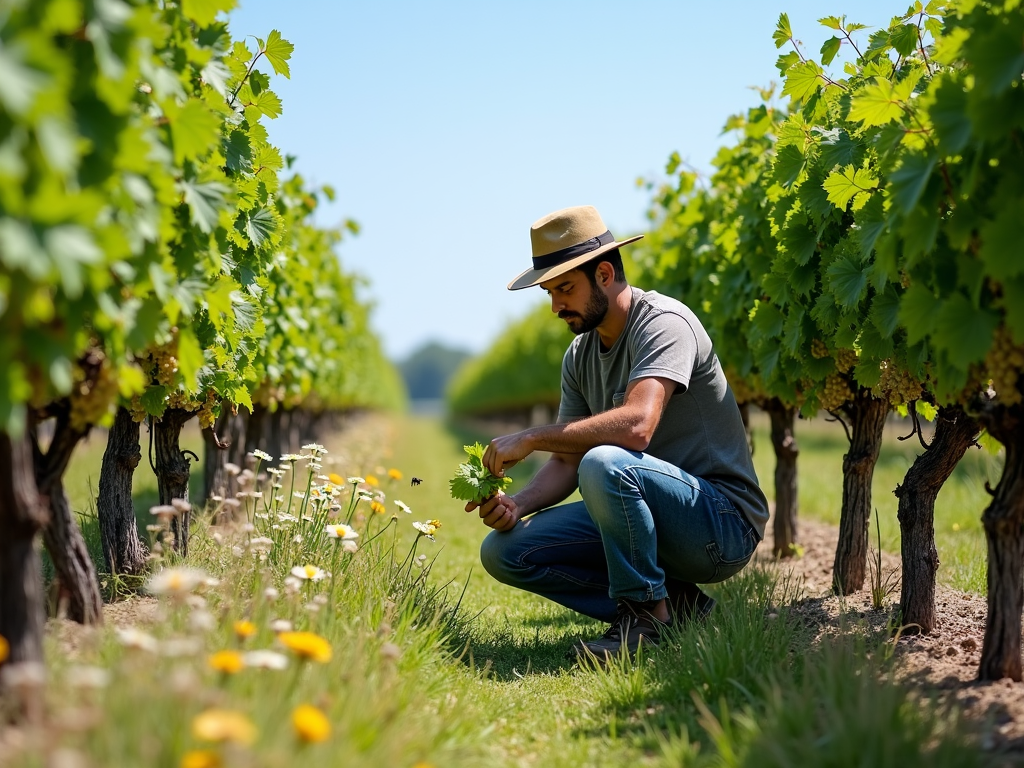
The absence of chemicals lets the soil thrive. Healthy soil means stronger vines and tastier grapes. It’s a simple idea with big rewards. Plus, organic farming cuts pollution and protects wildlife—think birds, bees, and even the worms in the dirt. That’s what makes organic vineyards special: they work with nature, not against it.
Terroir: The Land’s Signature in Every Sip
Ever wonder why wines from different places taste so unique? That’s terroir at work. It’s the mix of soil, climate, and landscape that shapes a wine’s flavor. Organic vineyards take this seriously. By skipping synthetic stuff, they let the land’s natural qualities shine through in the grapes.

Take a vineyard with rocky soil—it might give the wine a mineral edge. Or a cool, foggy spot might make grapes with bright acidity. Organic practices keep these traits front and center. I’ve tasted wines where you can almost feel the breeze or smell the earth they came from. That’s the magic of terroir in organic winemaking.
Sustainability: Caring for the Earth
Organic vineyards don’t just grow grapes—they nurture the planet. Sustainability drives everything they do. Here’s how:
- Cover Crops: Plants like clover grow between vines to hold soil in place and feed it naturally.
- Compost: Kitchen scraps and grape leftovers turn into rich fertilizer.
- Natural Pest Control: Ladybugs eat harmful bugs, so no sprays are needed.
- Water Saving: Smart irrigation keeps water use low.
These steps cut waste, save resources, and build a healthier ecosystem.
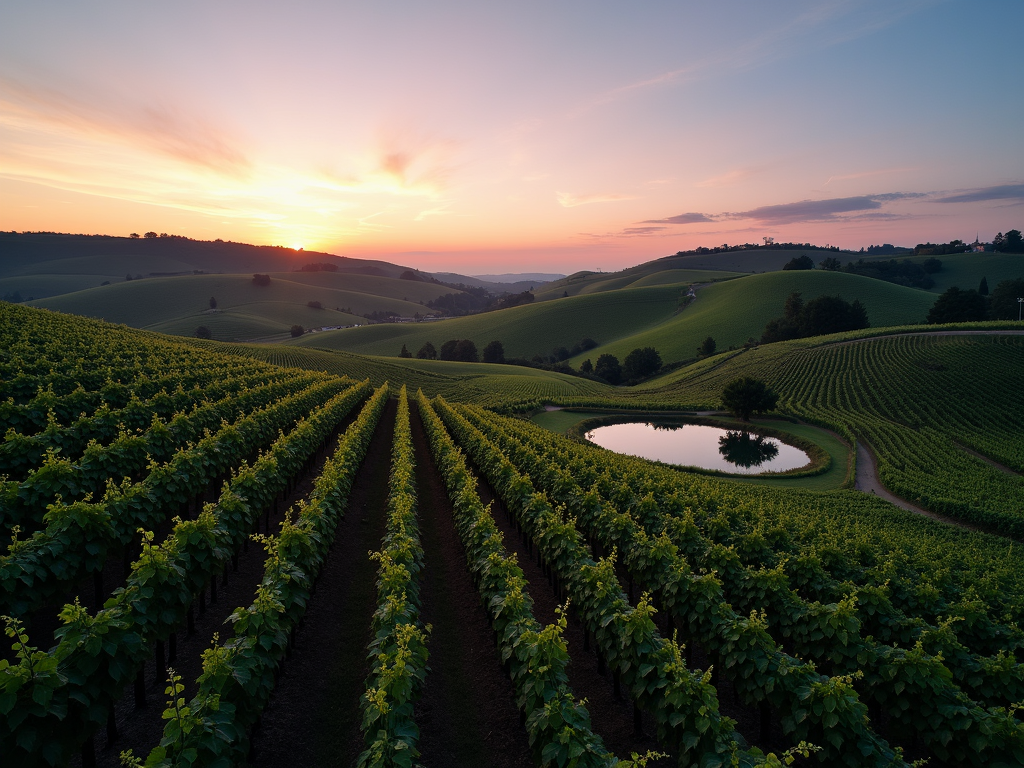
Some vineyards, like those run by Jackson Family Wines, even use solar power or plant trees to trap carbon. It’s about leaving the land better than they found it. And here’s the bonus: sustainable grapes often taste better—cleaner and more vibrant. It’s proof that doing good can taste great too.
Jackson Family Wines: A Leader in Organic Winemaking
Jackson Family Wines shows how organic vineyards can shine on a big scale. Based in California and beyond, they’ve committed to eco-friendly growing. Many of their vineyards are certified organic, meaning they meet tough standards for natural practices.
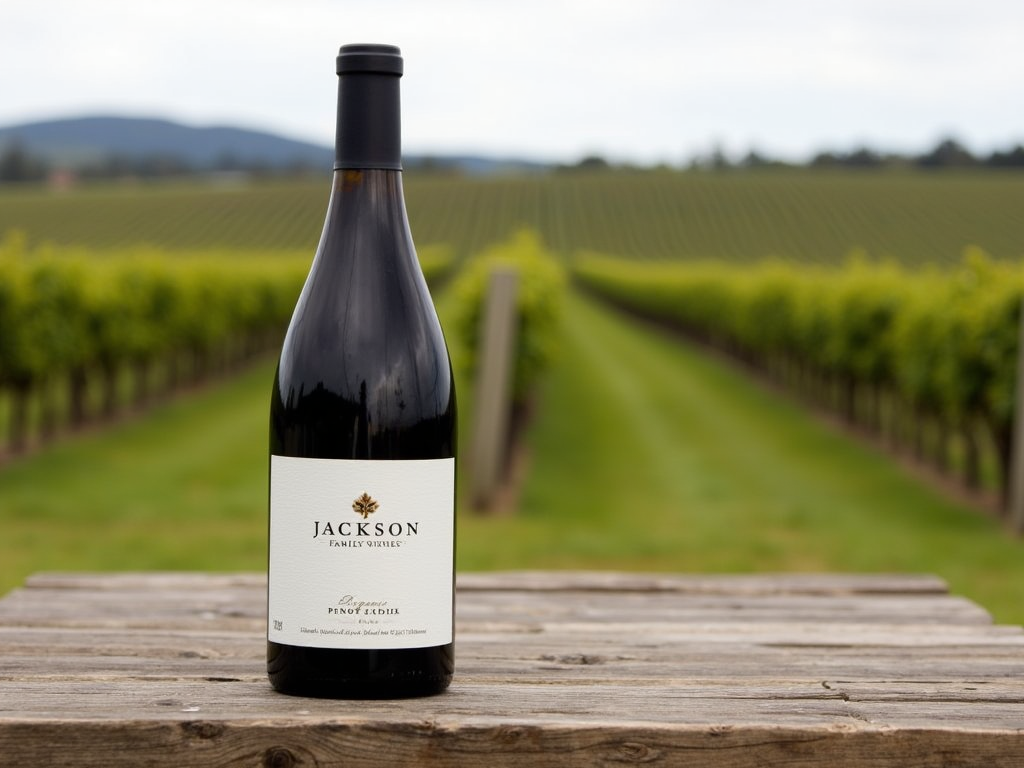
At their La Crema vineyard, sheep roam the rows, munching weeds and enriching the soil. Other sites use high-tech water systems to save every drop. I’ve walked their vineyards and seen the care firsthand—rows buzzing with life, not chemicals. Their wines reflect this effort: bold, honest flavors tied to the land.
Why Organic Vineyards Win
Organic vineyards offer clear perks over conventional ones. Check out this comparison:
| Feature | Conventional Vineyards | Organic Vineyards |
|---|---|---|
| Soil | Worn out by chemicals | Alive with natural nutrients |
| Pests | Killed with sprays | Managed with nature’s helpers |
| Water | Often wasted | Used wisely |
| Flavor | Can feel flat | Rich with terroir |
| Planet Impact | Harms air, water, wildlife | Supports a cleaner earth |
These differences matter—to the wine and the world.
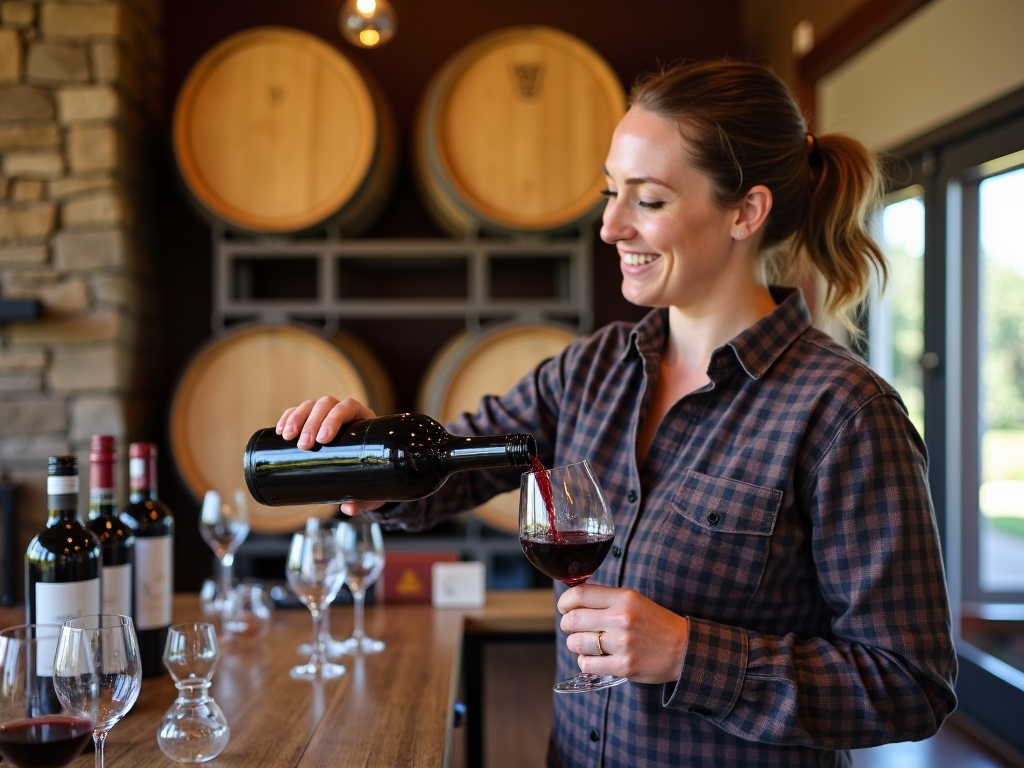
My Day at an Organic Vineyard
Last summer, I visited an organic vineyard in Oregon. The place felt alive—birds chirped, flowers bloomed between the vines, and the soil smelled fresh. The winemaker showed me how they use compost instead of chemicals. Later, we tasted their Chardonnay. Each sip had a crisp, earthy note I’d never found in mass-made wines. It was like drinking the land itself.
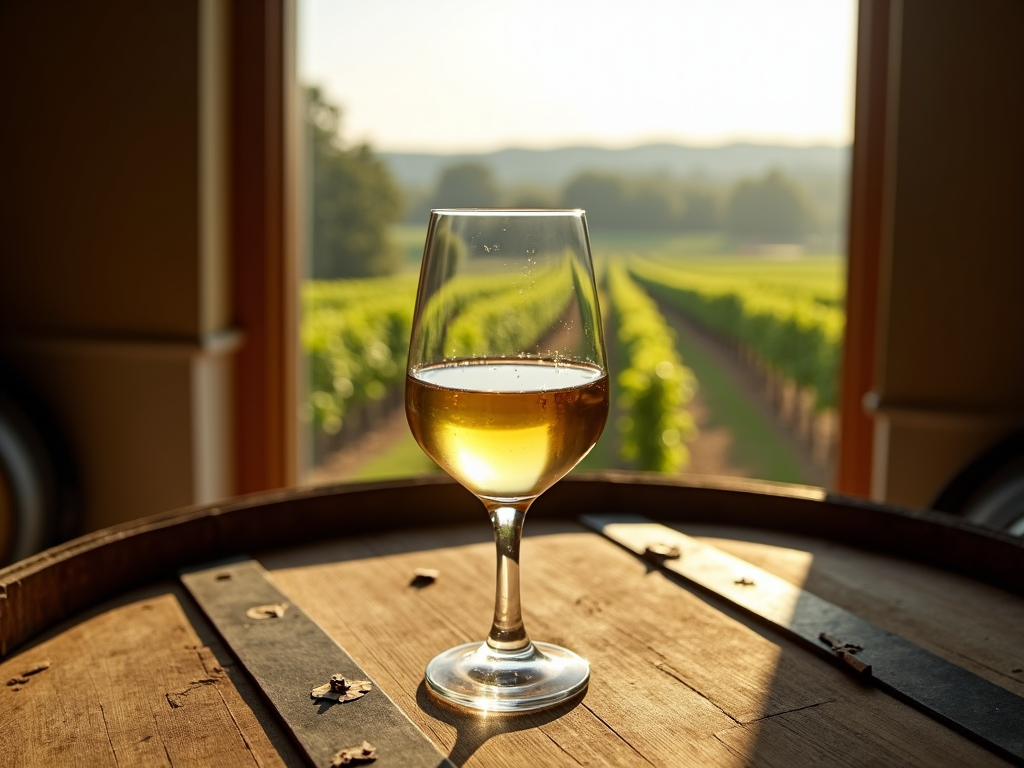
That day stuck with me. It showed how organic vineyards don’t just make wine—they tell a story. The care they put in comes through in every bottle. If you ever get the chance, visit one. Talk to the people who work there. Taste the difference. It’s worth it.
Wrapping Up
Organic vineyards stand out because they blend sustainability with soul. They respect the land, enhance terroir, and deliver wines with real personality. Leaders like Jackson Family Wines prove it’s possible to grow great grapes while protecting the earth. Next time you’re picking a bottle, go organic. You’ll taste the difference—and feel good about it too.